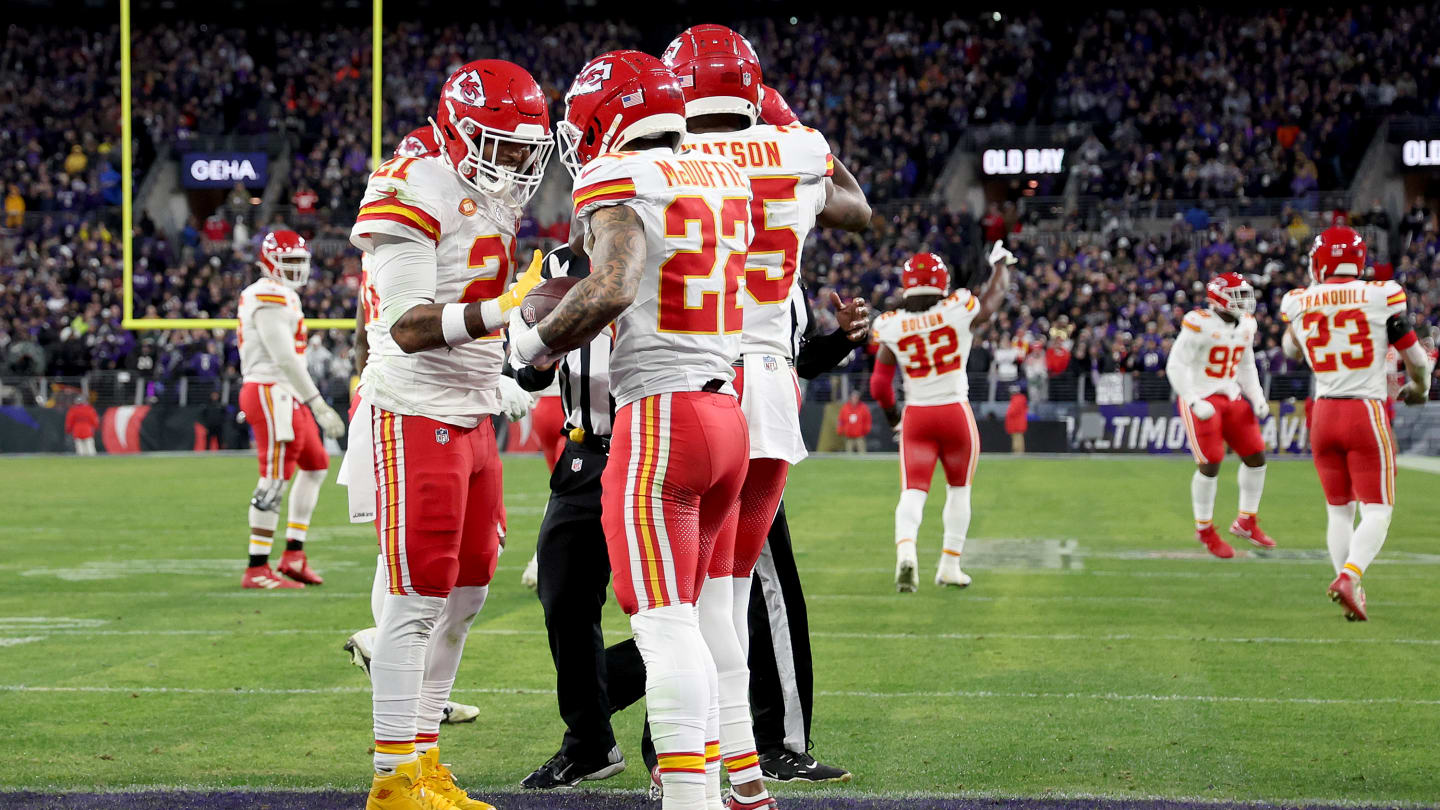
The Supreme Court and the Interpretation of Congressional Statutory Language in Capitol Riot Cases
The recent Supreme Court ruling on Capitol riot charges and former President Trump has sparked discussions about the interpretation of congressional statutory language. According to political science expert Karen Hult, disagreements among Supreme Court justices are leading to uncertainties about the charges brought against thousands of Capitol rioters.
The decision in favor of Joseph Fischer, a former Pennsylvania police officer charged with obstruction of justice, highlighted the broad interpretation of federal criminal statutes by the Justice Department. While obstruction of justice charges have affected approximately 27 individuals who were convicted, many others are still awaiting trial or sentencing. This specific charge relates to efforts to impede the certification of the election rather than offenses like trespassing or destruction of government property.
The Supreme Court ruled that the Justice Department had extended the interpretation of the obstruction statute beyond what the law intended, leading to questions about the convictions already made. This decision is likely to result in Fischer’s case being sent back to a lower court for review, possibly leading to re-sentencing or retrial for others convicted under similar circumstances.
Hult emphasizes that the Court’s disagreement is not a matter of partisan politics but rather a question of who has the authority to make critical decisions in such cases – Congress or the Department of Justice. The ongoing debate surrounding these charges highlights the complexities of legal interpretation and its consequences for those involved in the Capitol riot.
In summary, while obstruction charges have affected approximately 27 individuals who were convicted, many others are still awaiting trial or sentencing. The recent Supreme Court ruling has raised questions about how far federal criminal statutes can be interpreted and led to uncertainties about convictions already made. The case is likely to be reviewed by a lower court before any potential retrial or re-sentencing occurs.

